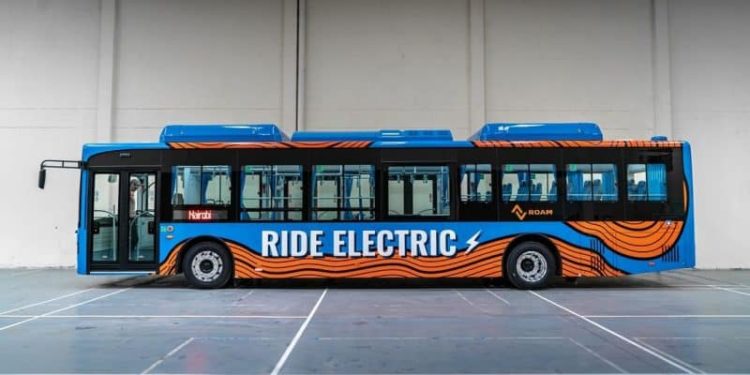The government plans to leverage on the recently imposed e-mobility tariff to spur the uptake of electric vehicles.
The new e-mobility tariff that took effect on Saturday April 1 has been set at Kshs 16 for energy consumption up to 15,000kWh during peak periods and Kshs 8 per kWh during off-peak periods.
Energy and Petroleum Regulatory Authority introduced the special tariffs to promote both clean cooking and electric mobility to grow electricity demand and promote the global agenda on climate change and sustainability.
Read:Kenya Power Managing Director Defends Increased Tariffs
The introduction of Bulk Tariffs applicable to SMEs, and commercial and industrial customer categories to encourage retail electricity business is expected to increase efficiency and improve customer experience.
The amount is an addition to other taxes and charges already loaded on the cost of electricity. The e-mobility tariff is also fixed until 2025/2026.
Kenya Power had identified e-mobility as one of the key areas that will help sustain profitability and grow shareholders value.
Read:High Eurobond Yield Piles Pressure on Kenya Debt Servicing
The utility firm plans to leverage on new business areas as part of its strategic 2023-2028 strategic plan.
Other targeted areas for new growth include getting more Kenyans to shift to electric cooking, energy storage, and electrification of several other sectors to support de- carbonization.
Renewables make up most of the generation capacity in Kenya and provided 89% of Kenya’s electricity generation in 2021 thanks to contributions from geothermal, wind, hydro, and some utility-scale solar. This has prompted Kenya power to announce plans to transition its motor vehicle fleet to electric.
Email your news TIPS to editor@thesharpdaily.com


















